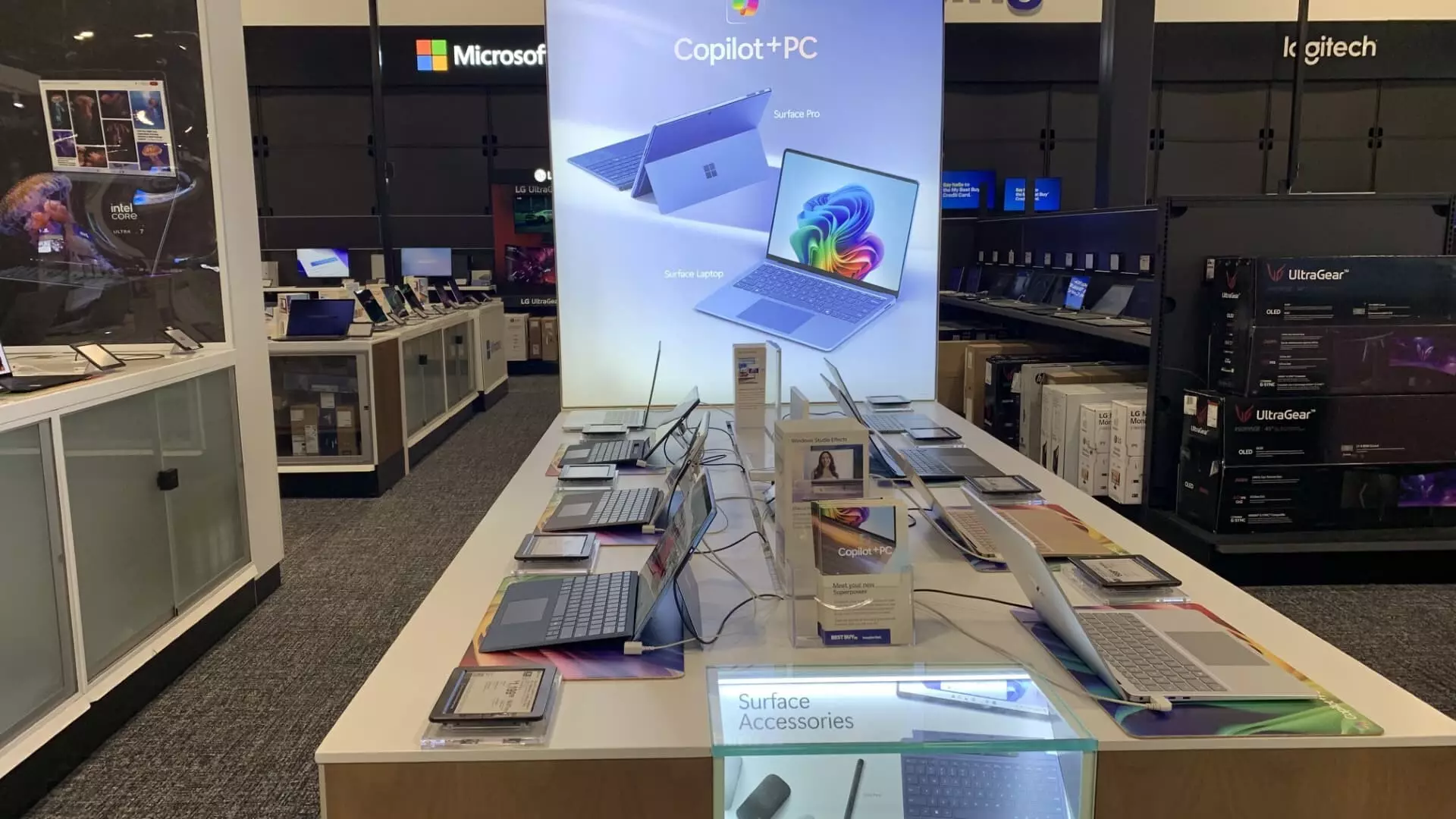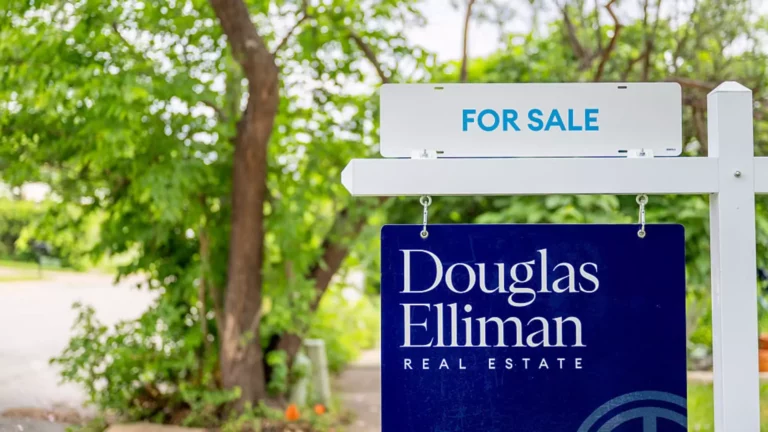Assessing Best Buy’s Limitations: Strategic Moves in a Changing Retail Landscape

Best Buy, a major player in the electronics retail sector, is navigating a volatile market environment marked by declining shares and shifting consumer preferences. Recent decisions, such as the sale of 165 shares at approximately $86 each, reflect not merely a response to immediate market pressures but rather a fundamental strategy to mitigate risks while securing realized gains. After this transaction, Jim Cramer’s Charitable Trust will hold a total of 600 shares, which suggests a deliberate effort to balance exposure as the company’s stock weighting reduces from 1.9% to roughly 1.5%.
Such adjustments raise pertinent questions about Best Buy’s long-term viability and growth trajectory amidst rising concerns surrounding retail electronic sales. The potential introduction of higher tariffs on Chinese goods under the new presidential administration adds another layer of complexity, complicating the operational landscape for retailers heavily reliant on imported electronics.
Several factors contribute to Best Buy’s weakening performance, notably the intersection of economic trends and consumer behaviors. The ongoing decline in housing turnovers directly correlates with demand for high-ticket items like appliances and home entertainment systems, which historically drive a significant portion of Best Buy’s sales. As mortgage rates continue to climb, customers may opt for more conservative spending habits, directly affecting sales within the electronics sector.
Furthermore, the emergence of artificial intelligence and its application to personal computing raises uncertainties regarding product demand. While innovative tech products have the potential to generate consumer interest, the actual sales figures can often fall short of projections, leading to a less favorable outlook for retailers like Best Buy.
The decision to sell shares should be understood within the context of disciplined investment strategies. Selling at a gain, particularly when securing an average profit of 8% on shares purchased earlier, demonstrates a proactive approach to risk management. Such moves align with Cramer’s overarching philosophy of avoiding losses from previously accrued gains, especially in light of upcoming earnings reports that could exacerbate volatility as Best Buy faces scrutiny over its same-store sales performance.
This discipline is vital, especially in a retail environment where competitors like Walmart and Amazon continue to dominate and capture significant market share from traditional brick-and-mortar retailers. These challenges are reasons enough to remain cautious, particularly when mixed signals about consumer health emerge from broader market indicators.
Another pivotal aspect when evaluating Best Buy’s position is the ongoing narrative around competition and market share dynamics. Despite certain segments of retail thriving, like off-price and specialty retailers, Best Buy remains in a tight race with sales juggernauts such as Amazon and Costco that have increasingly disrupted traditional retail paradigms.
Their ability to leverage logistics, pricing strategies, and consumer data gives these giants an edge over Best Buy, whose reliance on physical locations is increasingly questioned. Continuous adaptation will be crucial for Best Buy, and investments in technology and streamlined customer experiences will be necessary to stay relevant and competitive.
While Best Buy is taking decisive actions in managing its investment portfolio, the retailer stands at a crossroads. The convergence of rising operational costs, uncertain consumer behavior, and aggressive competition demands a reevaluation of its strategic approach. As Jim Cramer’s Charitable Trust reduces its stake, it serves as a reminder of the discipline required in investment management while signaling a potential cautionary tale for both investors and retail analysts. The future may necessitate significant changes for Best Buy to thrive in an increasingly competitive and economically challenging landscape.





